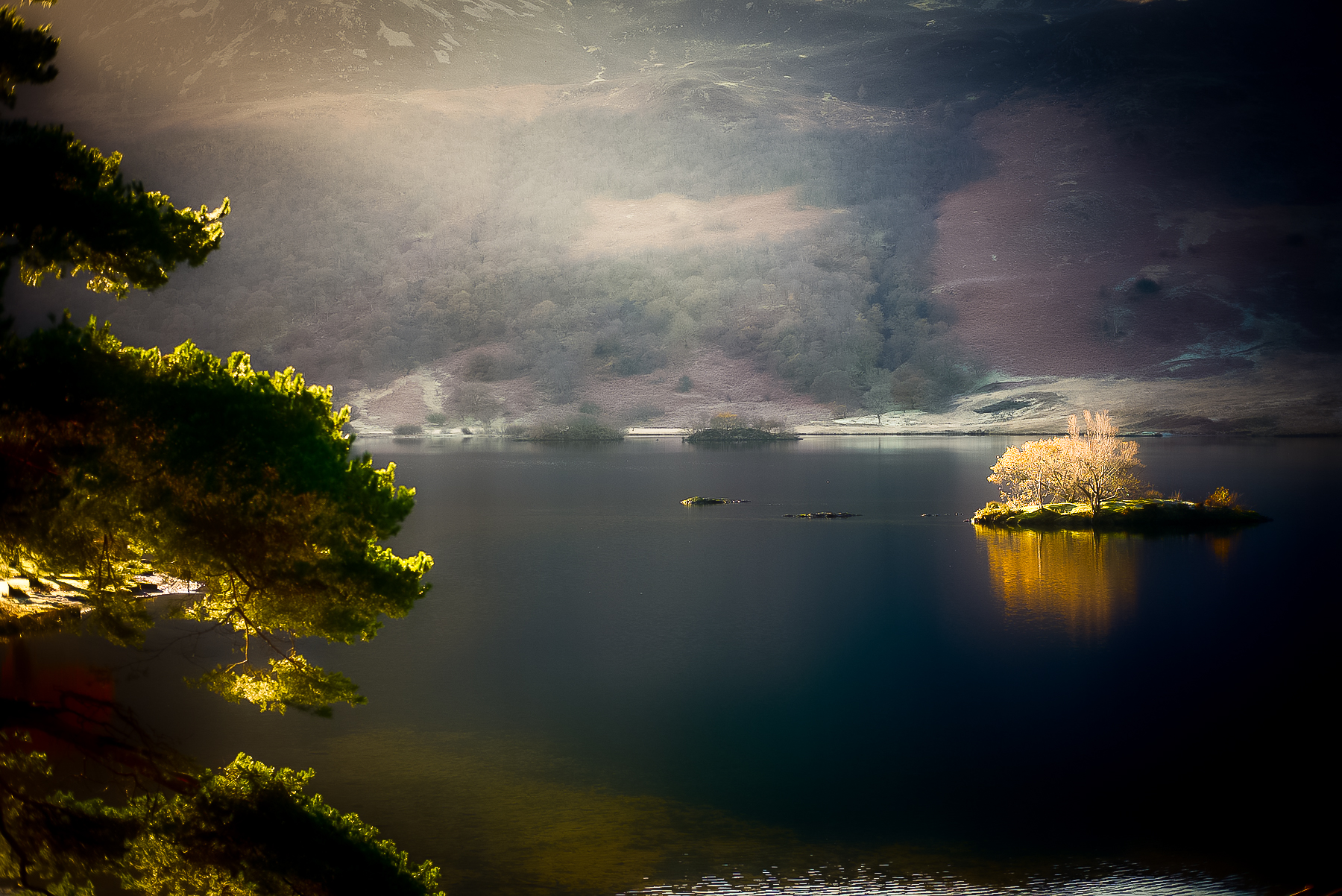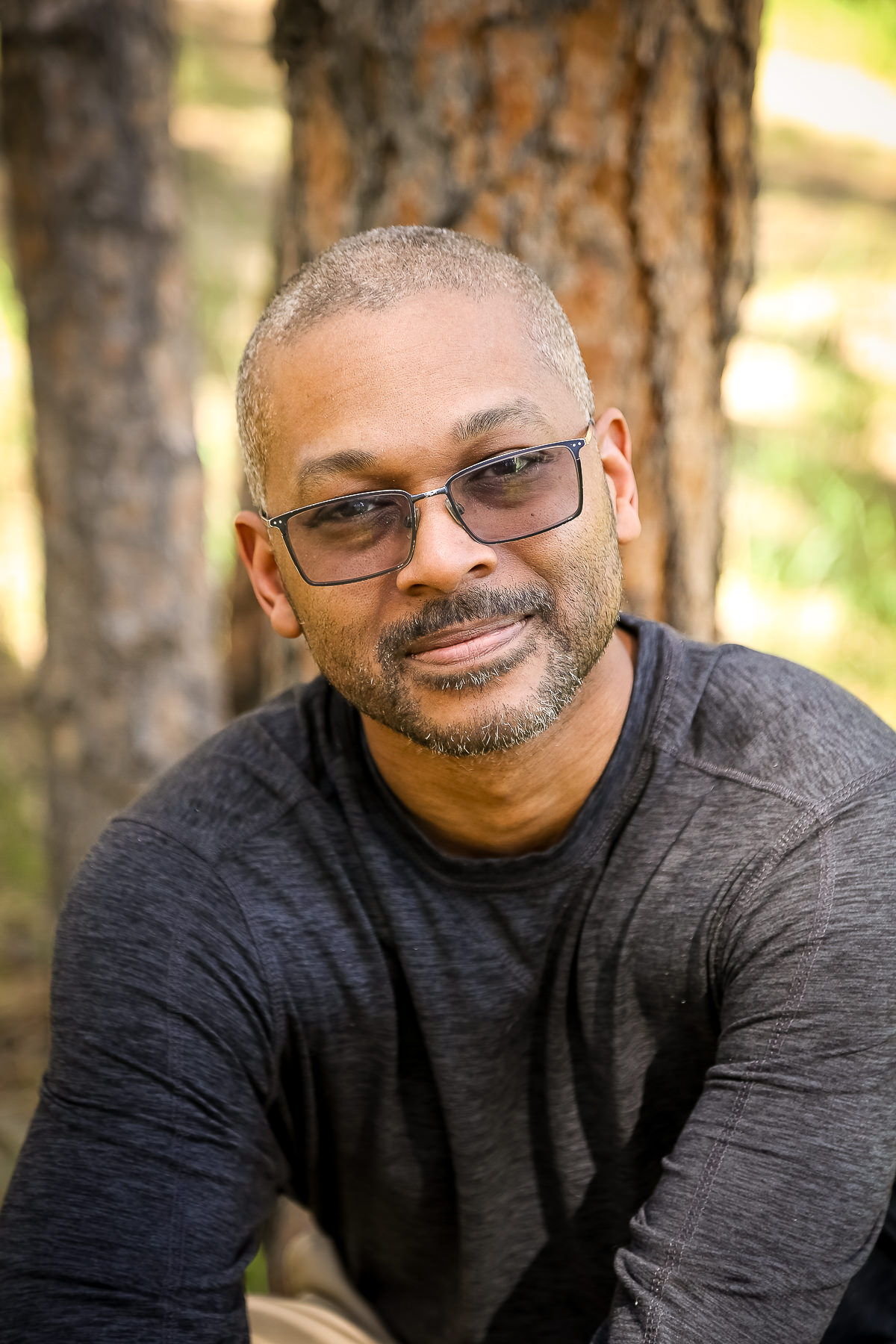Invention, Imagination, and Realization in Cultivating Divine Ideas
![]()
For me, it began with a simple question: who is the author of the dragon? Let’s start with the assumption that there are not and have never been such creatures as dragons among the catalog of animals we have been able to hunt and be hunted by. This is already contentious, for it is a dangerous and tricky business to claim that one knows enough of the things that are to be able to say with surety what is not. But let’s give in to the majority among us who are confident in ascribing to dragons a mythical status. The question is, then, where did this idea first come from?
I am not all that interested in the unanswerable question concerning the name or identity of the human who first thought it up; if we answer the question by pointing at a human being, we have already presumed an answer to the earlier question, the one that really burns for me, the one I intend to ask in the first place: namely, is the author of dragons God or a human? Granted that there was some human, let’s call him Reuel, who was the first among humans to conceive a dragon, the question remains: was he the first thinker to conceive a dragon?
Here’s what’s at stake here: if God conceived the dragon first, then Reuel loses his claim to creativity. He has not come up with an amazing new creature, he has only stumbled upon something God already created. Indeed, if God is the author of the dragon, if we allow this claim, then how will we keep God’s authorship from spreading not only to unicorns, fairies, and pegasi, but also to the stories and songs themselves in which these characters appear? By whatever right God is the author of the dragon, he will have to be acknowledged to be the author of every idea. But then we humans can invent nothing, we can create nothing; all our best efforts are but so many struggles to be the second to summit the mountain or enter the land: everything has been thought and done before we arrive, and so there is truly nothing new under the sun. If God is the author of the dragon, then we are too late for glory.
So then, are we to deny God’s claim in order to uphold Reuel’s? If we hand Reuel the laurel, then we hand all literature and art, all music and drama, in short, the entire realm of the imagination back to all of humanity. We create the conditions for human creation, and so we are allowed our geniuses and visionaries, wizards who can look into the dim mists of possibility and summon forth never-before-seen and unhoped-for wonders. Woman’s head and man’s, too, are once more crowned with flame.
And so I struggled for a while to maintain our claim against God’s, for I thought: “We must have this. This painting on the waves, this building of castles in the air, it is all we have. The glory of our race is to tell stories: without it, our lives are but rooting in the dirt for forgotten treasures. That we are storytellers is the very way in which we are in the image of God: take that away, and we are not even worthy to be called His children.”
The problem is that it at some point occurred to me to consider what the cost of denying God’s claim is.
It comes down to knowledge: if Reuel invented the dragon, if he, first of all thinkers, had the idea, then God did not know this idea until Reuel thought it up. Now, perhaps a little ignorance in the Godhead does not seem so bothersome. I mean, after all, if God knows all the really important things, does it really matter if the divine persons lack knowledge of lesser things?
Before we get to that, let’s take stock of what God doesn’t know, on this account. Not only does God not know the dragon until Reuel invents it, God also does not know any story in which dragons appear. So the Lord knows not the Lord of the Rings until Tolkien first had the thoughts of it coherently. But the same will be true for unicorns, fairies, and pegasi. Indeed, we have already shown how far this goes: for everything that we lost if God is the author of the dragon, God loses if we are the authors of it. God must be ignorant, until the moment a human first conceives it, of every story, every work of art, every song and dance, in short, of the entire realm of the imagination. That is quite a lot of ignorance to have admit in the deity.
Furthermore, even the least ignorance in God would be theologically problematic. For to be ignorant of one thing is for God not to be omniscient, but only mostly-scient. And if we understand the divine attributes well, they require one another: God’s power extends to everything God knows. It cannot extend further, for He cannot have power over that of which He is ignorant. Indeed, ignorance itself is, as we humans have often felt, a kind of impotence. So a God who lacks all knowledge will lack all power. And it will go on, this divine lacking, to touch other divine attributes. But there’s no need to trace it out further: what we have said so far is blasphemy enough to chasten our mad arrogance.
So, then, God’s claim must be upheld, whatever the cost, because the cost of denying it is infinitely greater. Humans may lose all art and the whole of the imagination, but this is better than that the Lord should lose dominion, that we should, by our storytelling, be able to set ourselves adrift from the Lord of Life, and bring all His power to naught.
Now, it is at precisely this point that I discovered something amazing. This entire account depends upon a sort of competition between us and God: either we have thought up the dragon, or He has. This is the most natural stance for us to take towards God after the Fall, for in reaching for the fruit of the knowledge of good and evil, we chose to try to be like God apart from the will and power of God, and therefore to set ourselves up as challengers to His dominion and power. But it is precisely a fallen way of thinking of ourselves in relation to God, and so it ought to be rejected. As long as we see our power in competition to God’s, we will lose: for we are not capable of taking even one tiniest drop of God’s power away, and if we were able to do so, it would bring all of creation crashing down in a ruin from which there could be no salvation, because no one would be strong enough to save.
The relationship of human power to divine power is not that we have power only in those places where God’s power has been pushed back to make room for ours; rather, it is that we have power within His power, in those places where God has made space for us, within God’s own working, to be effective and to act meaningfully. We are not creators in the strongest sense: we do not pull new and unheard-of things from the mists of possibility, for it is only God who calls things that are not as though they were. And yet we are inventors and makers, even creators, but we have to understand in what sense.
![]()
God is the creator of the dragon, and the author of every story in which a dragon appears: but not in the same way in which God is the author of the word of the Lord delivered through the mouth of a prophet. Indeed, among humans, to be a prophet and to be a novelist or a poet are very different ways of relating to God’s creation. The prophet speaks what she hears; the poet speaks of what she has experienced, and does so in a way that requires labor, natural talent, and skill honed through training and effort. This is crucial.
You see, what I was afraid of was that there would be no glory left for humans if God snatched up all the glory of story. But Proverbs tells a different tale, and one that is breathtaking in its implications:
“It is the glory of God to conceal things, but the glory of kings is to search things out” (Pr. 25:2, ESV).
There is a glory left for us, and it is different than the glory reserved for God (as we ought always to have expected). Our glory is not in thinking up, but in thinking after.
In creating this reality, God has seeded it with innumerable ideas as potentialities. Among these were the dragon, the unicorn, the pegasus; but also The Lord of the Rings, the Chronicles of Narnia, The Iliad, Hamlet, Paradise Lost, even Star Wars and the Marvel Cinematic Universe. These were all placed in creation for us to discover, and at the right time and according to His inscrutable providence, God gifted them to a particular human or humans to steward into actuality. This is the etymology of “invent,” that we “come upon” something, not that we create it; and this is why it was once customary for inventors to cry “Eureka!”, which is Greek for “I found it!”
Thus, in our most creative moments we think God’s thoughts after Him. This is what cultivating is: realizing the things that God put in the world in order that they might exist, but whose existence He was unwilling should come about apart from human effort and cleverness. And this work of cultivation is not just about stories, for it is not only ideas that have potential. Gardening and farming draw out the created potential of the land; plant husbandry, by which we develop new species of plants and develop crops, draws out the potential of the plants themselves. Animal husbandry is the cultivation of animals to realize created potential that waited upon our work for its fulfillment. Cooking also draws out the potential of plants and animals, but in a very different way, and directed at a very different end. In cultivating our families we draw out of ourselves and our children the potential that is there, realizing what lies buried within.
We are storytellers, and makers, and lovers, and farmers, and engineers, and shepherds, and everything else we are, because of what God most foundationally created and called us to be:
cultivators.
![]()
The featured image titled “No Man is an Island” is courtesy of Sam Keyes and used with his kind permission for Cultivating.
Junius Johnson is a scholar in the fields of historical and philosophical theology and has published four books in those areas. He is also a lover of story, passionate about beauty and the imagination, a seeker of wonder, a musician, and a deeply flawed sinner daily leaning on the grace of God in Christ. A lover of the Middle Ages, he especially loves to be transported to other worlds via fantasy, science fiction, and young adult literature. He teaches online enrichment courses for both children and adults in literature, theology, and Latin through Junius Johnson Academics.
Leave a Reply
A Field Guide to Cultivating ~ Essentials to Cultivating a Whole Life, Rooted in Christ, and Flourishing in Fellowship
Enjoy our gift to you as our Welcome to Cultivating! Discover the purpose of The Cultivating Project, and how you might find a "What, you too?" experience here with this fellowship of makers!


Beautifully written and perfectly thoughtful.